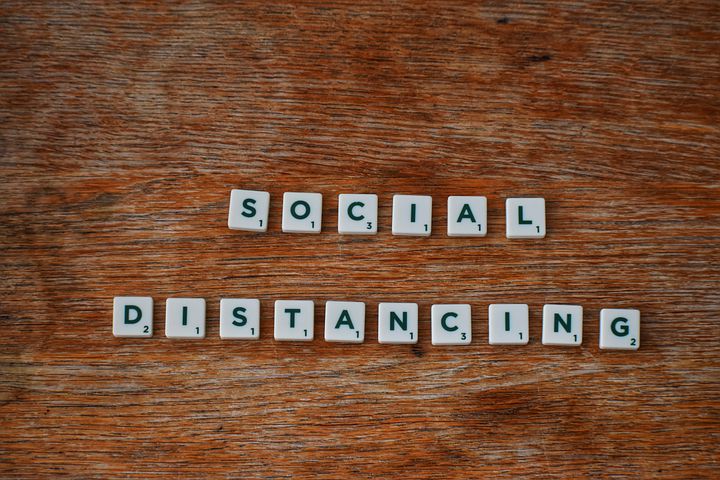By Michael Levin
Larry Kaufman understands better than anyone the solution to the social isolation that the pandemic has triggered.
It’s also the solution to finding your next job, making new friends, serving others, and feeling connected in life.
He calls it the NCG Factor, which is also the title of his best-selling book on the same subject. Kaufman is a master connector, with almost 30,000 connections on LinkedIn. The NCG Factor comprises three domains — networking, connecting, and giving.
Kaufman may be the greatest “people person” on the face of the earth. His mission: to serve at least one person “in transition” —however the person may define that phrase— every week.
“If I don’t help one person in a given week, I make sure to help two the following week,” Kaufman says.
A corporate executive by day, Kaufman’s true passion is using technology and face-to-face meetings to connect individuals with people they would otherwise never have known each other, so that those folks can progress to the next phase of their lives, professional or personal.
“Everybody says that technology and social media isolate people,” Kaufman says. “At the same time, though, there has never been a better tool in human history for connecting people, and eliminating social isolation, than LinkedIn. This is true at any time, but it is especially true during the COVID-19 pandemic.
“On LinkedIn, you can find people who can help you, and you can find people whom you can help. When you use it properly, it’s a huge service to humanity.”
Before you speak to Kaufman, he will ask you to go into his LinkedIn profile, survey the list of almost 30,000 people in every field, in every city, on every continent, and choose two to whom you would like to be introduced.
He’d also like you to read his book so you have a deeper understanding of his philosophy of connecting people — the how and the why of it.
When Kaufman connects you to someone, he doesn’t simply send a two-sentence email, “Joe, meet Fred. You guys have a lot in common. Have a nice day.” Instead, he studies and then summarizes the backgrounds of each of the two people he is introducing, stressing common interests and personal and professional experiences. He doesn’t want to just connect you to someone — he wants both you and the other person to be fascinated by each other, so that you will start things off in a warm manner.
“When your hand is open to give,” Kaufman notes, “it’s also open to receive. Life is a two-way street. It’s giving and taking. Sometimes we can be takers without even realizing it. But life is so much more satisfying when we are able to give to others even before we start thinking about what we can get from them.”
“That’s how I find true joy in life — teaching other people that critical lesson, and living it myself.”
“When you know how to do all three aspects,” Kaufman says, “networking, connecting, and giving, your life becomes immeasurably broader. You feel that you’re in the middle of things. And this system works whether you are in college, starting off, in mid-career, or even in retirement. Everyone benefits from being a better networker, a better connecter, and a true giver.”
Once you’ve had a chance to speak with Kaufman — he doesn’t stand on ceremony and will schedule a meeting with practically anyone who requests one — you find yourself in the presence of a true student of humanity. You’ll be getting connected with the perfect people for where you are in your career or your life’s journey.
“Sometimes I wait to see how long it takes,” Kaufman admits, “before the other person shifts the conversation from talking about themselves to asking what they can do for me. It’s not that I need anything from people at this point! It’s just that you can weed out the selfish types pretty quickly, because they never stop talking about their favorite subject — themselves.”
Kaufman has gotten burned more than once opening his network to full-on takers, but he quickly shuts things down once he notices that taking without giving is someone’s m.o.
“Life’s too short to deal with people like that,” Kaufman says. “I don’t even have enough time for all the phenomenal givers in my life! Why would I want to squander a minute on people like that?”
Kaufman teaches that you shouldn’t just try to help the other person — see what the other person’s child, spouse or significant other may need, too.
“There are so many people who would be willing to help out someone’s child,” Kaufman says. “Maybe it’s with a job offer or an internship. Maybe it’s just taking the time to speak someone’s child or spouse in need. Whatever it is, never overlook the power of helping out someone’s son or daughter or another family member.”
Kaufman doesn’t get paid for his networking efforts – at least not directly.
“Everything you do, good or bad, comes back to you,” he says. “So why not help people? It costs nothing and you change people’s lives. Seems like a pretty good deal to me.”


